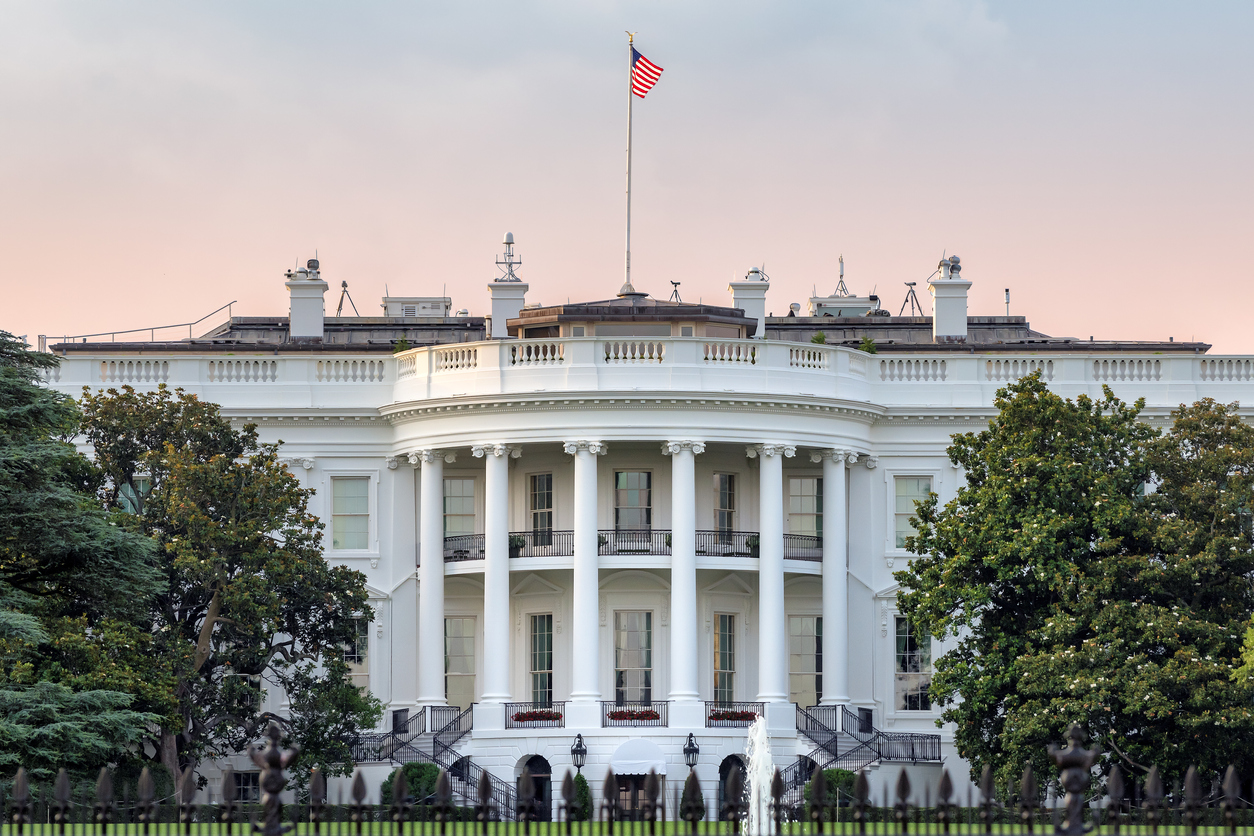Do Presidential Candidates Have to Release Their Tax Returns?

Although there is a heated debate around presidential candidates’ tax returns, they are not required by law to release them to the public. Like anyone else, presidential candidates can exercise their constitutional right to privacy regarding tax returns.
There is ongoing contention about whether presidential candidates should have to release their tax statements. One senator even proposed legislation that would legally bind them to do so. Although not legally required to, almost all presidential and vice-presidential candidates have released portions of their tax returns to the public over the last few decades. Donald Trump was the first major presidential candidate not to release his tax returns, breaking an over 30-year streak.
Why do Presidential Candidates Release Their Tax Statements?
In short, presidential candidates release tax information due to a precedent set by former presidents. The public now expects it of them, and refusing to release tax statements might make it seem like the candidate has something to hide.
Taxes are often at the heart of presidential debates. Presidential candidates might use their tax records to garner political support. Candidates can make claims about their tax policies, but people want to know if they have been putting their money where their mouth is. They might also release their tax returns in an attempt to show transparency.
The trend goes back to Richard Nixon, who released his tax statements not in the name of transparency, but rather as a form of damage control. The IRS had already leaked some of them. The documents confirmed that Nixon had paid less than $800 in taxes in 1970 despite making $200,000 that year. Since then, presidential candidates continue to release their tax statements.
Do Presidential Candidates Have to Release Other Financial Information?
Presidential candidates must file a Personal Financial Disclosure with the Federal Election Commission. But, presidential candidates choose to release their tax returns because of the pertinent information they contain.
Personal Financial Disclosures can only offer so much information. They include a presidential candidate’s history of investments and income sources. They do not contain the presidential candidate’s annual earnings.
On the other hand, tax returns show the taxes a candidate has paid, their tax rate, charitable donations, deductions and credits claimed, debts, and offshore assets.
Can Congress Request a President’s Tax Returns?
Donald Trump erroneously claimed that there is no law requiring him to release his tax statements. While it is true that presidents and presidential candidates do not have to release their tax returns to the public, federal law requires them to hand tax releases to Congress in some instances.
According to federal tax law, if the House Ways and Means Committee chairman files a written request for the president’s tax returns, the Treasury Secretary must provide them.
Does the IRS Audit Presidents?
The Internal Revenue Service does require that every tax return a president files be audited. Donald Trump has refused to release his taxes filed during his term due to them being under audit. However, no law restricts tax returns under audit from being released.
Most other presidents have released tax returns that were under audit. Trump’s refusal to release his tax returns has aroused suspicions of tax evasion, which is a federal crime. His administration was recently at risk of being charged as a RICO enterprise.
Where Can I Find Presidential Tax Returns?
The Presidential Tax Returns Archive contains taxes disclosed by every president from Nixon until now, with the exception of Gerald Ford and Donald Trump.
The archives also contain returns from Franklin D. Roosevelt and Harry Truman, which were released posthumously in both cases, and tax releases from vice presidents, including Joe Biden and Mike Pence.
To learn more, call our Los Angeles criminal defense law firm at 213-995-6767 or visit our contact us page to send us an email.


